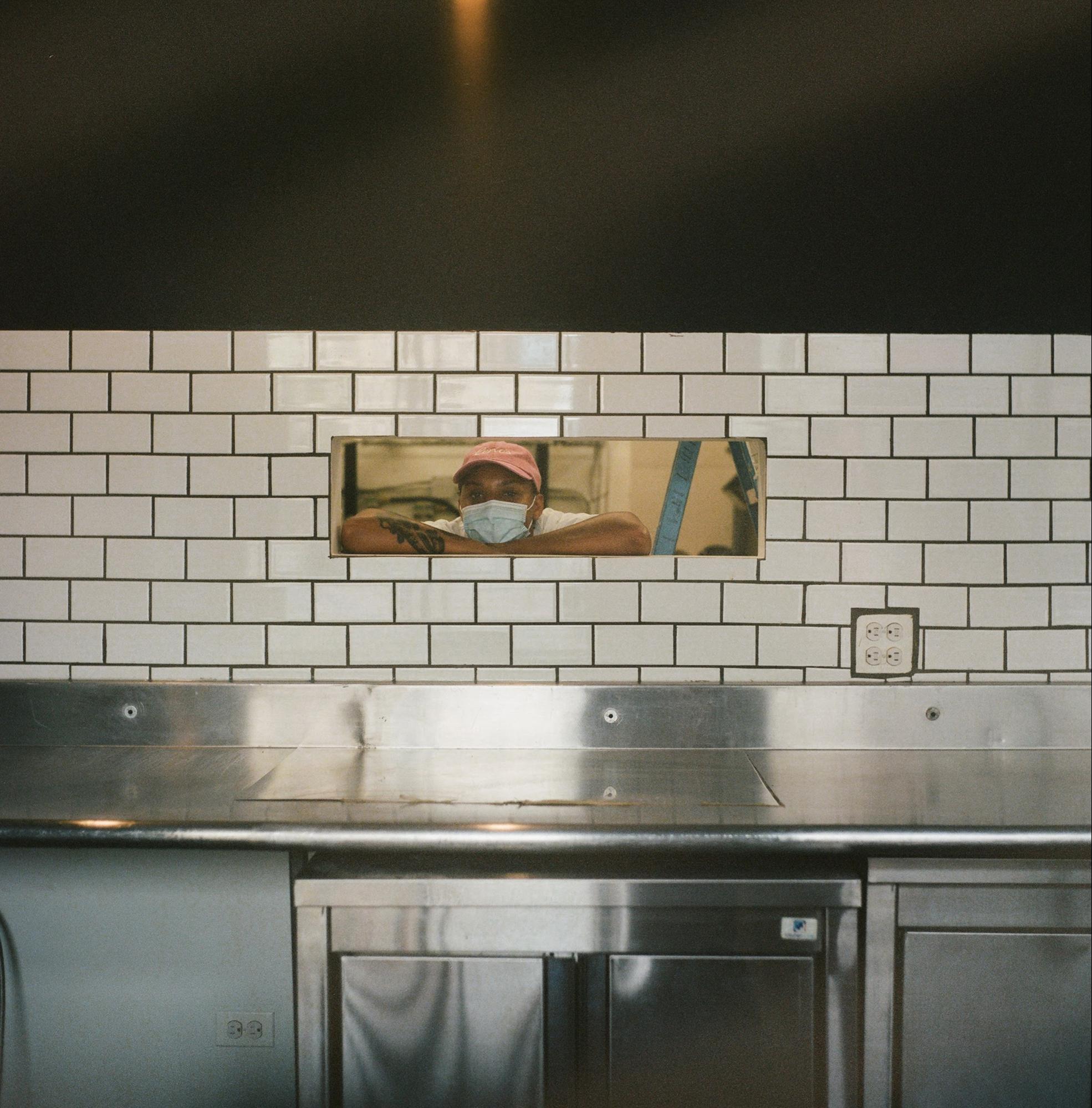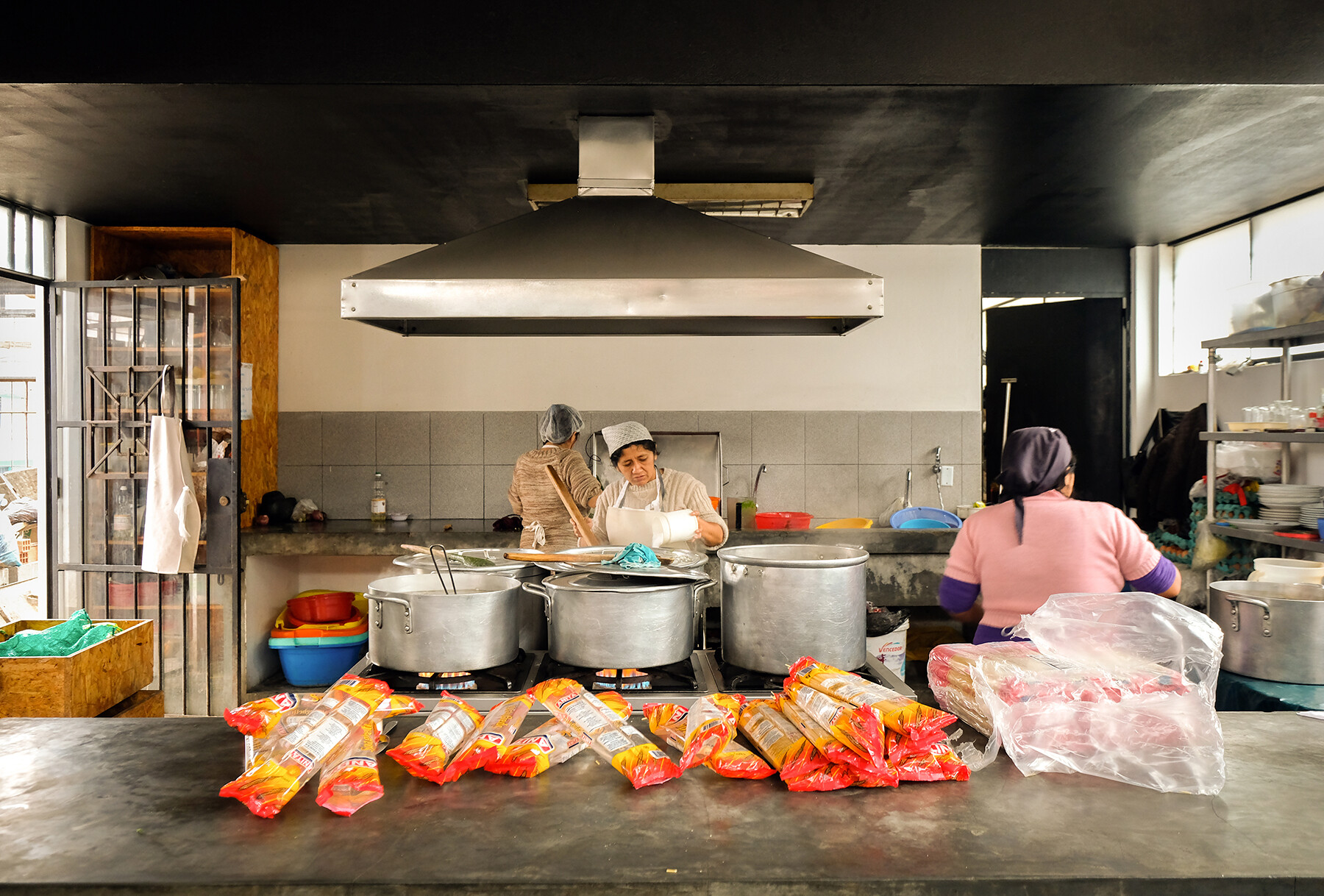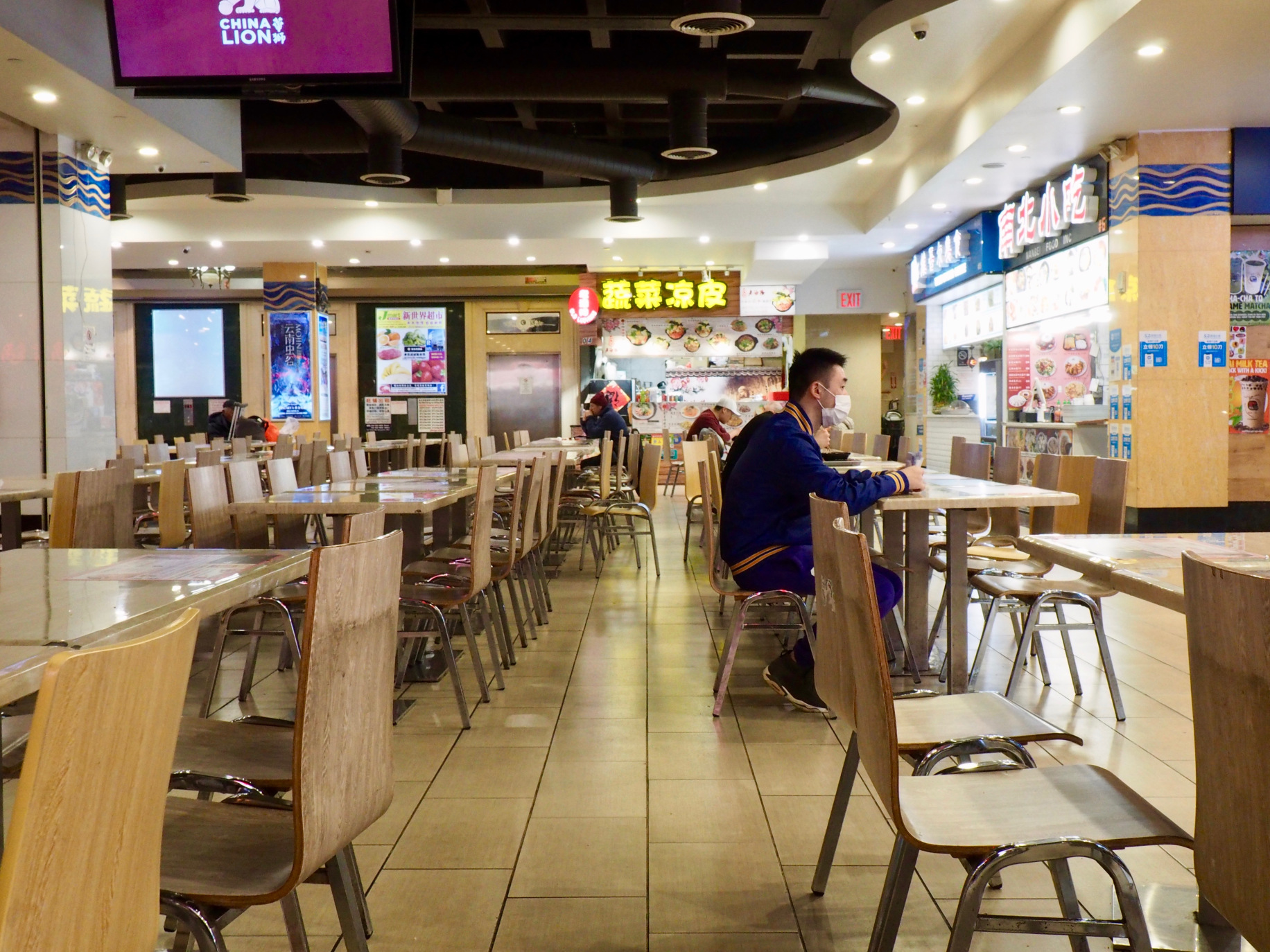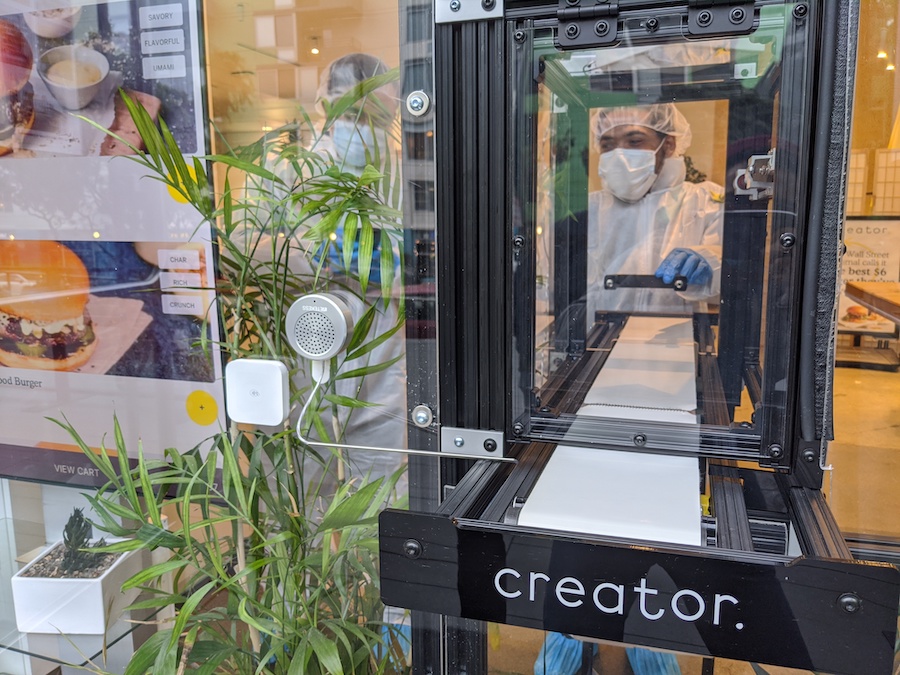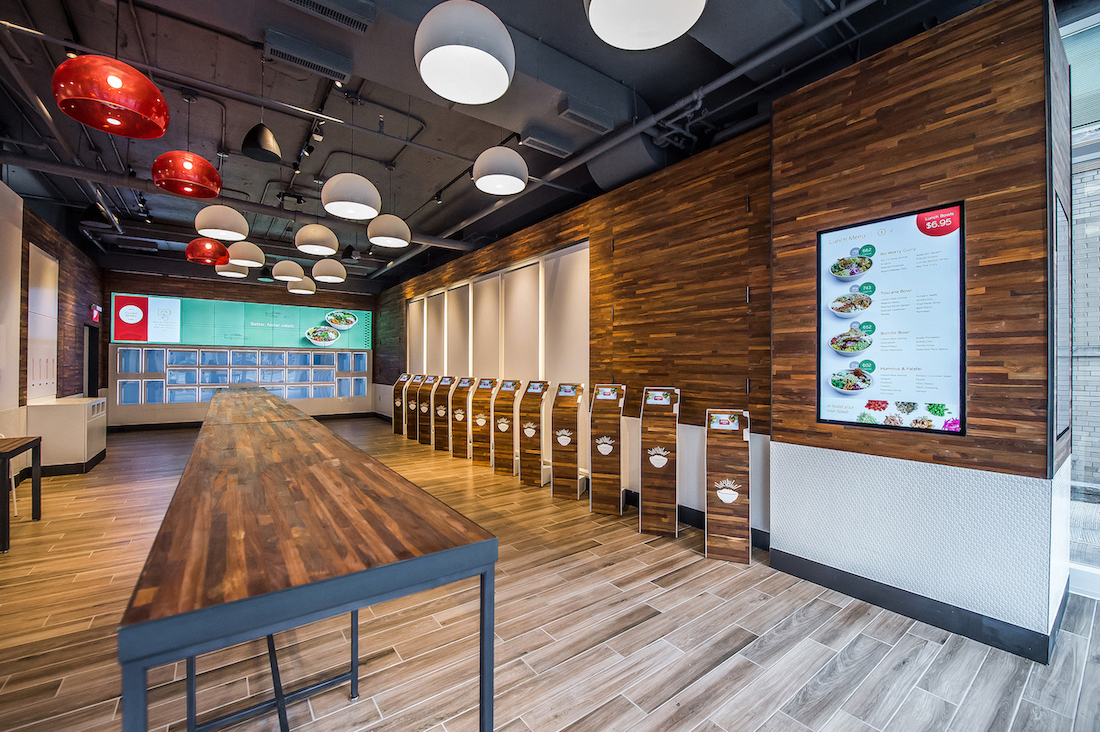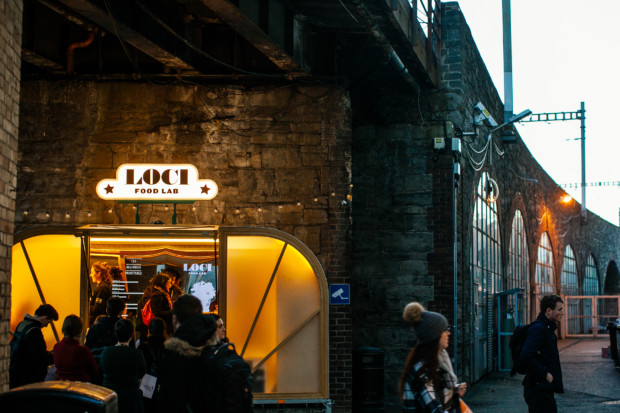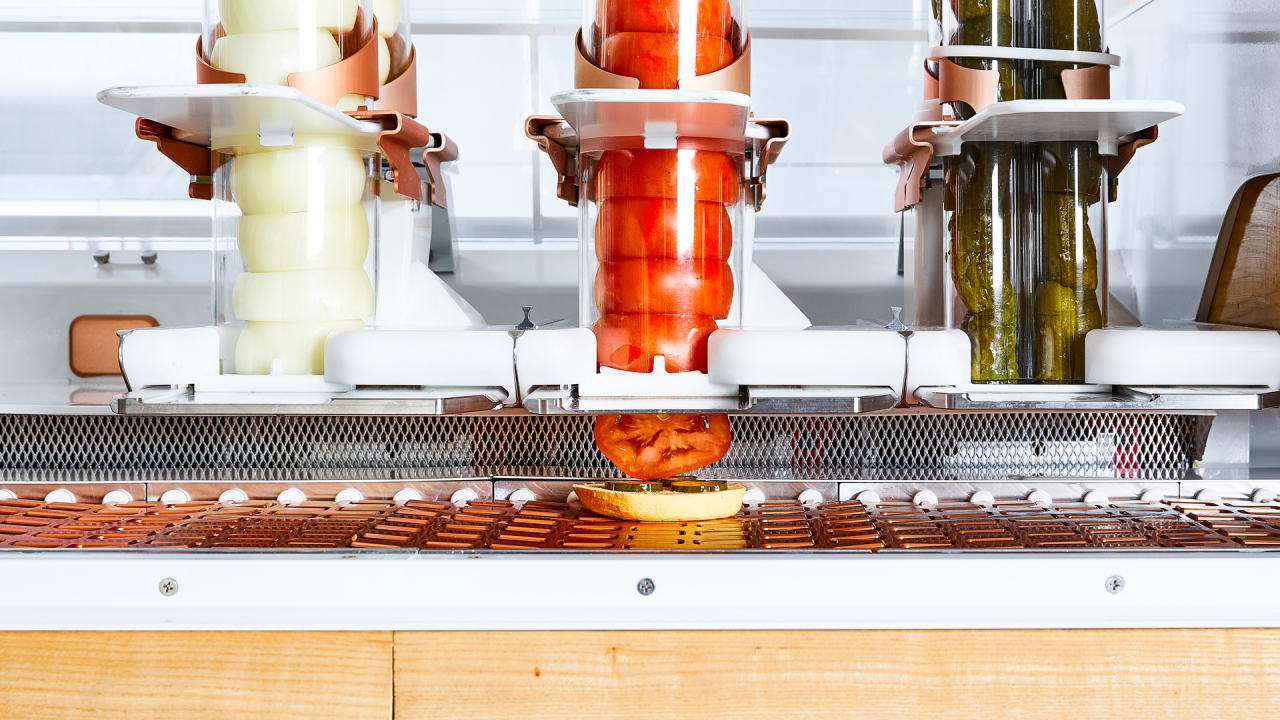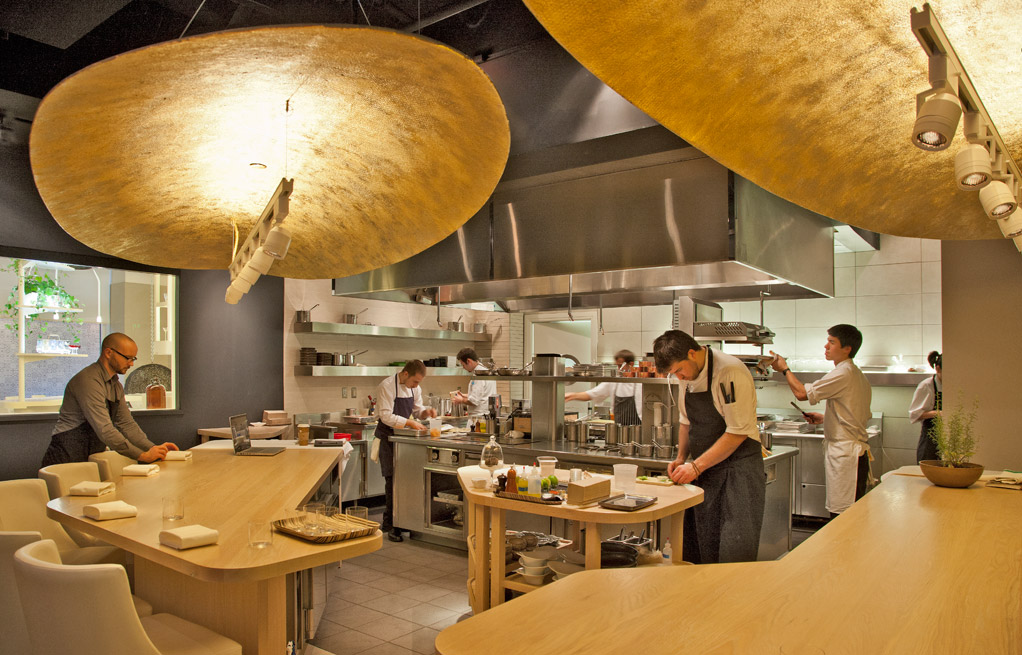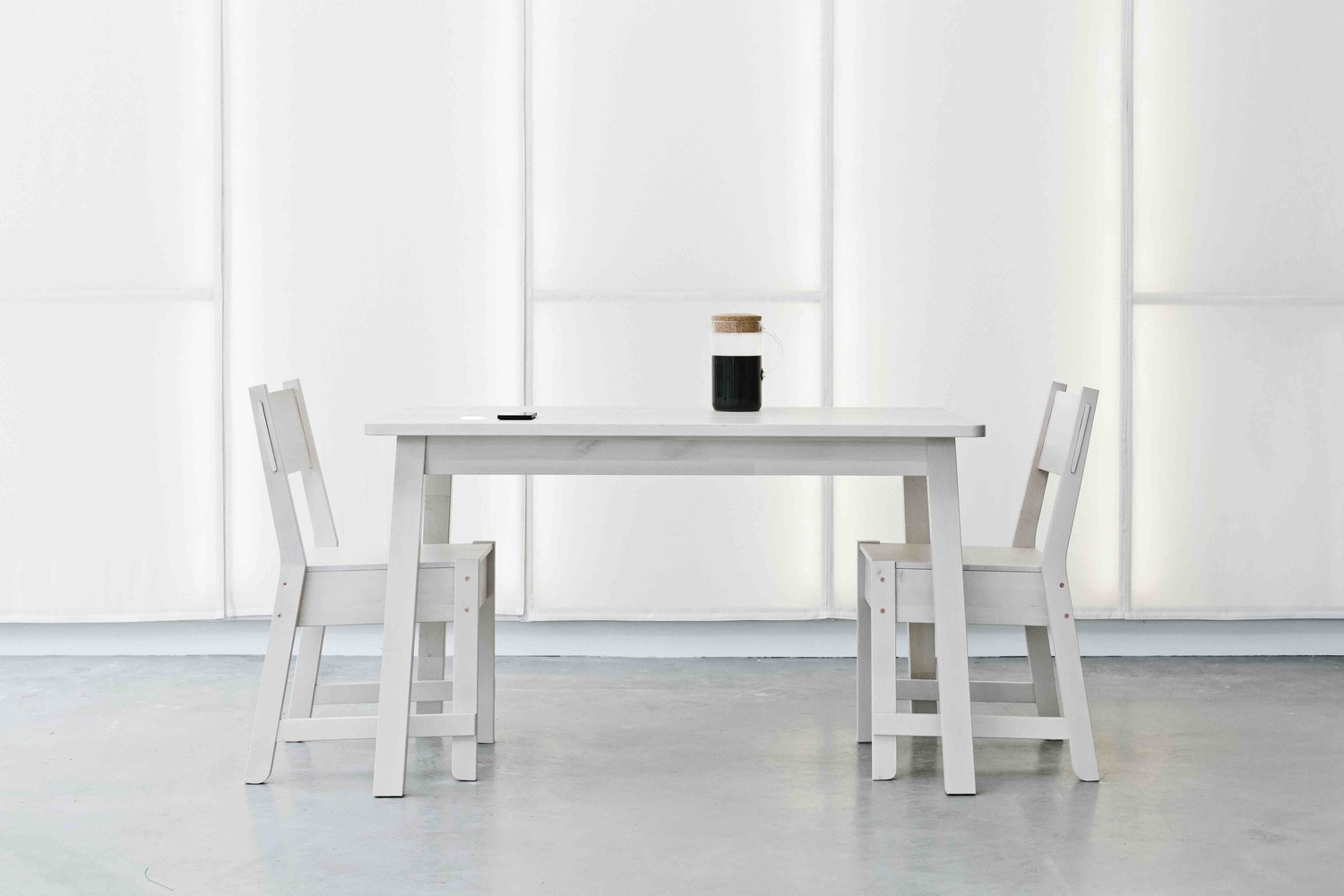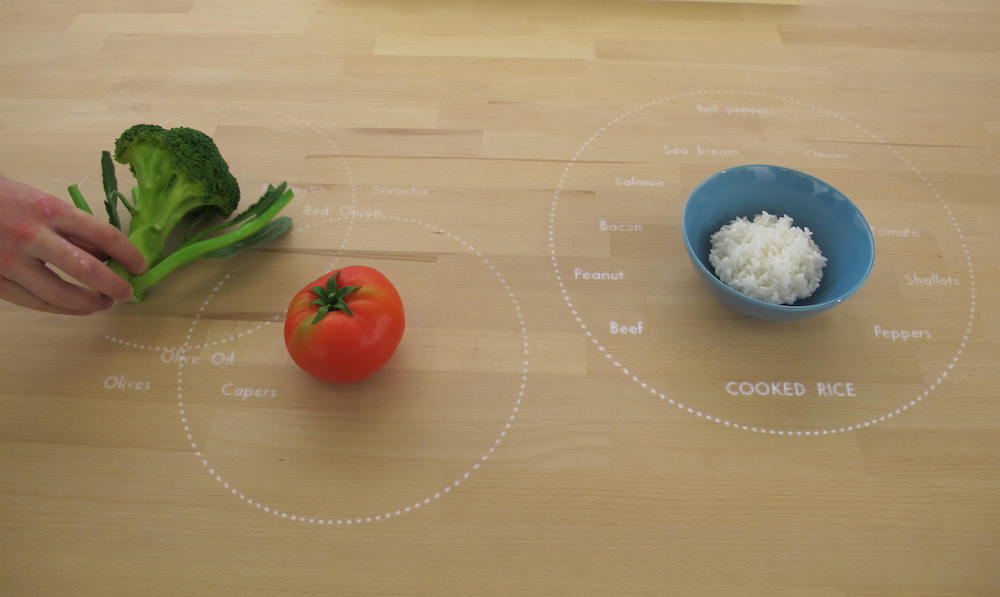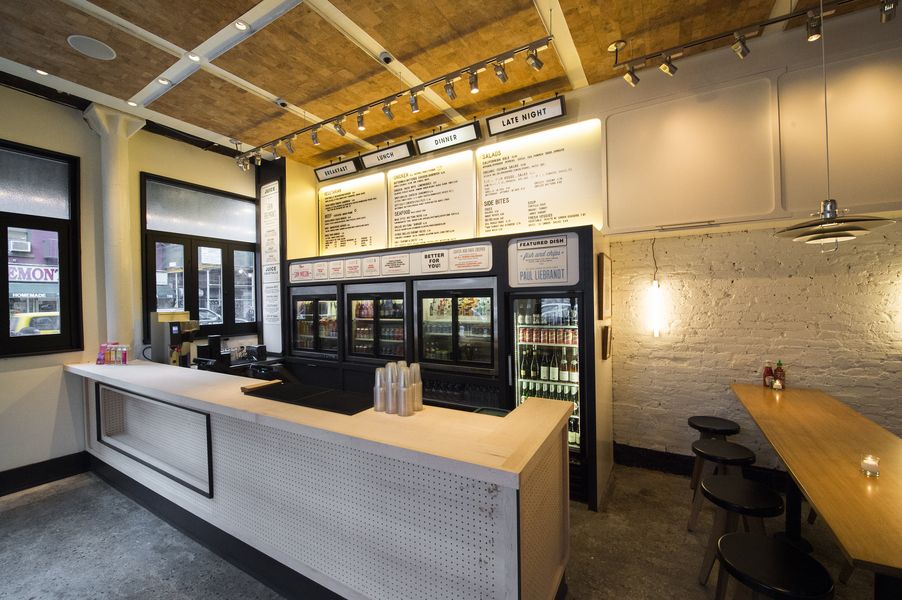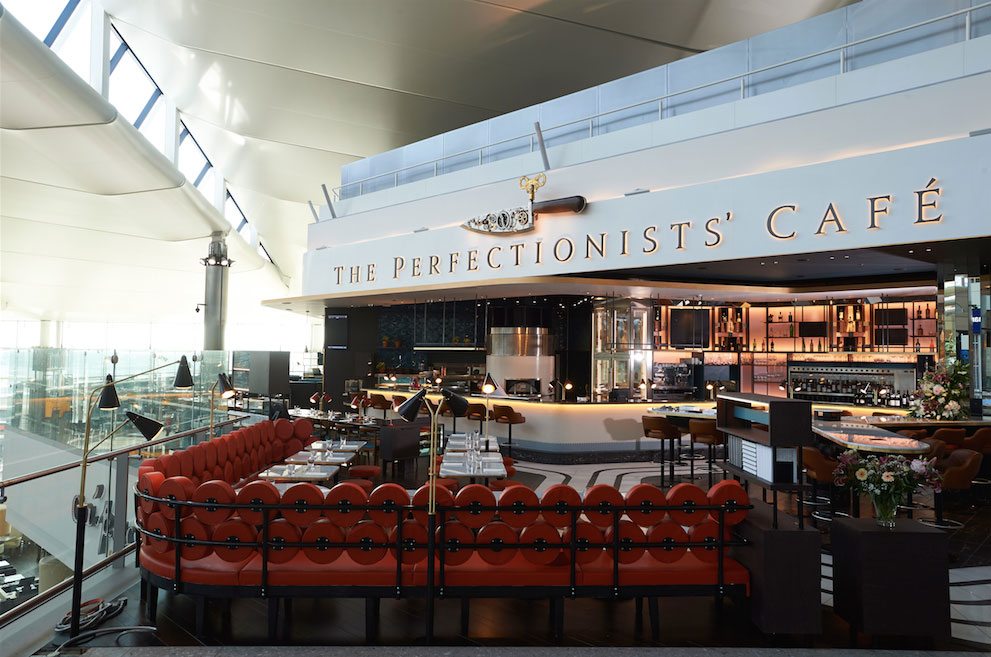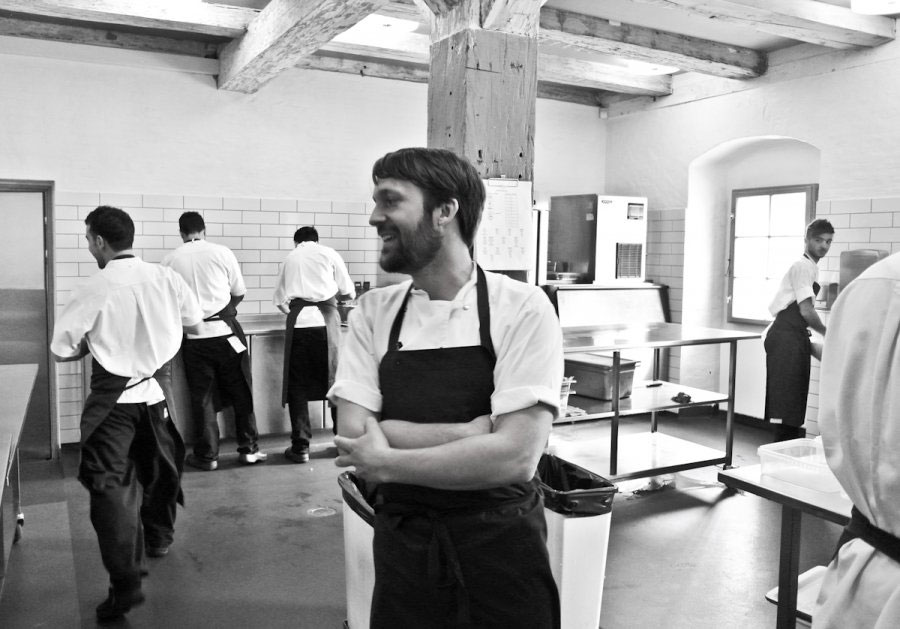Subject to Change is a series about the anarchitecture of New York City foodscapes and the makers that are designing new ways of working.
The desire for collaborative, safe, and community-centered space may be at its height as New York City enters the eighth month of stay-at-home orders due to COVID-19. In these months New Yorkers have spurred social and political upheaval, sparking the demise of several white male-led institutions, and now, resistance against collective despondency in anticipation of this election season. Amidst the cycles of grieving, confusion, and insurmountable loss, this city is clinging to save its defining establishments while also catalyzing a creative insurgence of responsive innovation spaces. In this context, Auxilio is establishing roots in Bedford-Stuyvesant, Brooklyn by a collective of community-minded instigators.
Chef Kia Damon has partnered with chef and sommelier, Zacarías González, and artist, Mohamed Fayaz, to create Auxilio: an intersectional, community-based, food centered space focused on providing resources, nourishment, and support for queer, Black, trans, and Indigenous communities of color in New York City. Damon, González and Fayaz have been working and sharing knowledge in activism spaces for several years before coming together to build this space around Black, Brown, and indigenous food sovereignty. The dialogue began in food distribution as Damon and González dropped food to protesters during the summer uprisings.
“Time means nothing now,” Kia begins, as I pick up on the briskness of her voice. Our conversation carries us through a discussion of joy, rest, revolution, empowerment and accountability in self, food and beyond. As social, economic, and political precarity continues, innovators like Kia and her collaborating partners are pushing to keep pace on forward-looking projects with momentous revolutionary potential. Auxilio plans to build out a test kitchen and cooperative space for commercial food preparation while also creating educational programming and events. It will also house projects like Kia Feeds the People, a non-profit focused on providing fresh produce and food education to Black and QTPOC, and The Supper Club From Nowhere, a collective of chefs and farmers inspired by Georgia Gilmore’s Club from Nowhere, a secret civil rights kitchen organized by Gilmore to fund the 1955 Montgomery bus boycott. A synthesis of these projects in one space, is perhaps, the necessary founding structure for a sustainable and restorative food industry grounded in a collective, unified and queer radical essence.
As New York City establishments, households, and individuals enter the latter half of Phase 4, the reopening of restaurants, museums, and outdoor arts and entertainment, Kia maintains coolness. Her steadfast demeanor simultaneously makes space for grieving ambiguous loss and affirming self-preservation. “Frameworks of food and life as we knew it have been destroyed,” she exclaims, “and I remind myself of this so that I can move within the reality of that and push through the grieving process.” Kia finds reassurance in what she knows best: community. Originally, the three had secured a brick and mortar on Livingston Street in Downtown Brooklyn, but are now relocating to an undetermined site in Bedford-Stuyvesant. Although Kia will be caring for the space as a partner-owner, she imagines it to be far from anything any of us have ever seen, including herself. She envisions a space without hierarchies of leadership, where no one is anybody’s boss, and where everyone aligns toward one goal—to help people. “I would like for people to feel empowered by what we are doing there and feel like their voices are heard,” Kia says. At Auxilio, wellness checks will be standard, and that means empathy-driven improvement. “And then, we do fucking yoga.” she insists.
Kia is adamant about not using the word “restaurant” as an identifier for the space. “‘Restaurant” implies certain ways of operating that I am not interested in anymore,” she explains, while also emphasizing this reckoning as part of the loss she has had to grieve. Working in classic grind-mentality restaurants has driven Damon away from the hospitality, culture sharing and community support that initially brought her to restaurants. Reflecting on her own core values, Kia relinquished her original ambitions for awards and accolades, such as the James Beard Award or creating a multi-establishment restaurant group. Auxilio is a rejection of exploitative food culture, and an embodiment of all the possibilities of community nourishment.
Beyond making, serving and supplying food, this new queer-led, Black-led food space—one of the first of its kind among other New York-based pioneers including Woke Foods, Yardy, and Harvest and Revel—has potential to change the food landscape entirely. Damon, González, and Fayaz’s wellness-food space hopes to shift visibility in food culture and media toward immortalizing the do-gooders rather than the egomaniacal, misogynistic, “rockstar” chefs Damon describes. “I hope people will continue to have tough conversations around dining, cooking and pulling from the earth.” Demystifying the kitchen and plated food will only come from giving breath to the people making it. Humanizing food laborers might just be where it all begins. “People have to realize it’s people back there.” Talk about it. Thank them.
Healing spaces like Auxilio have been a long-time coming. Now, these visionaries, desiderium accounted for, are dedicated to sharing, cultivating, and propelling a hurting industry into hope. “I feel really proud to be a part of this movement and generation that is working to change the entire framework.” We will continue to learn from one another to pass it on so it’s easier for the next person.” The trio at Auxilio already carry a bounty of knowledge as individual community builders, and as a collective, they are buoyant and irrepressible. Legacy foregrounds this moment, and Auxilio is building the scaffolding of a restorative food future.
